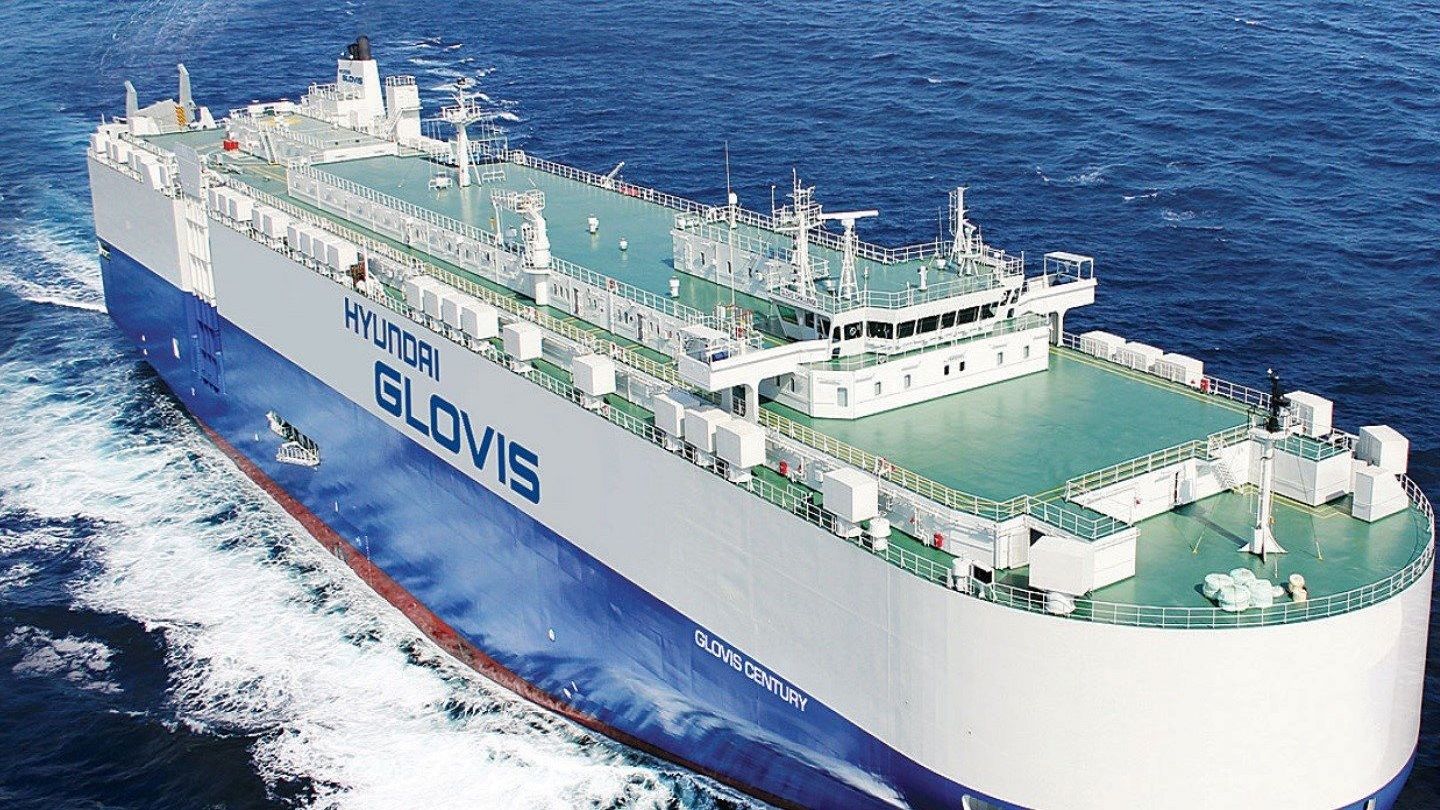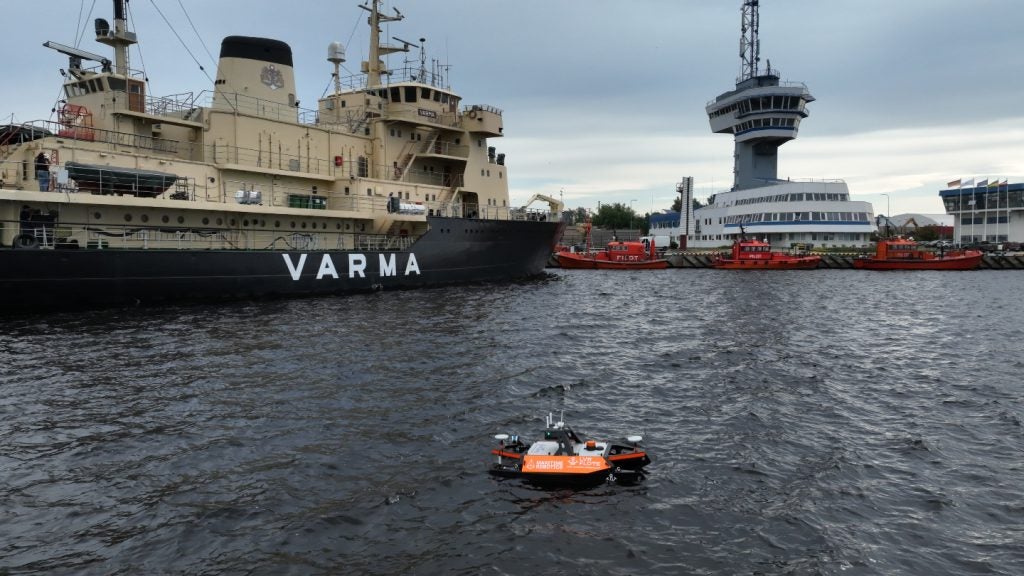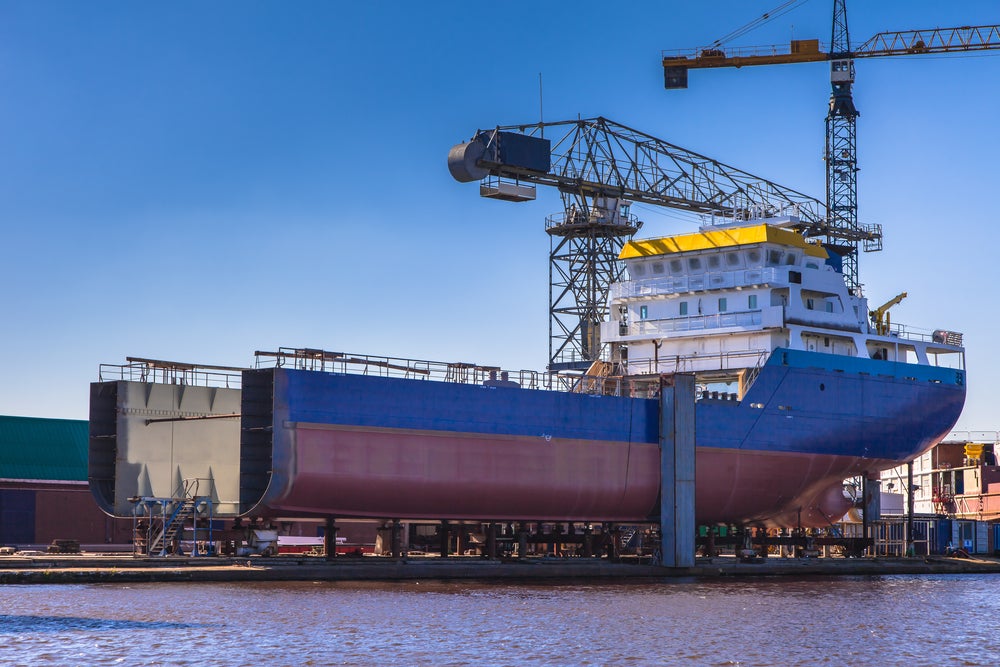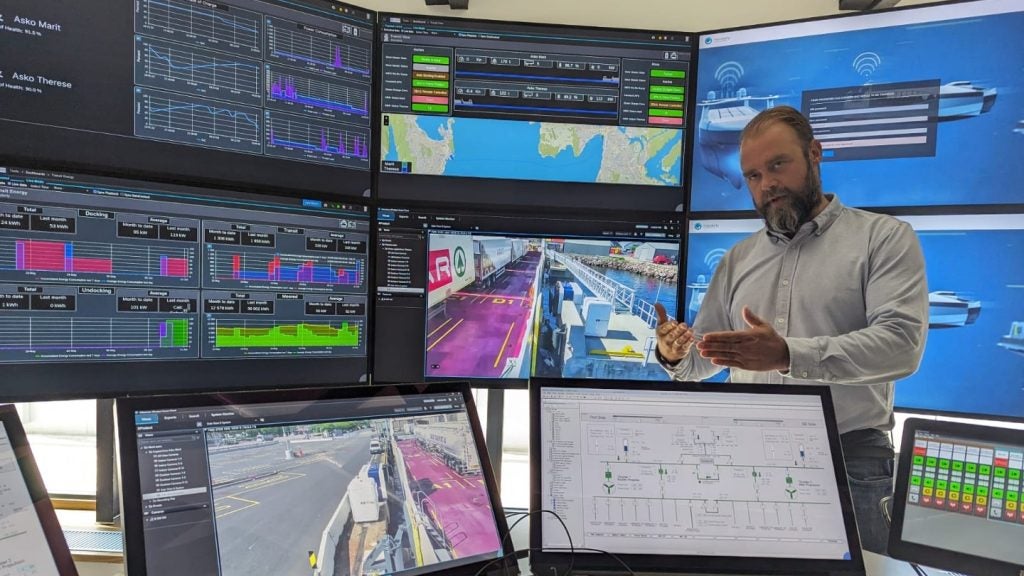
GoodFuels and Hyundai Glovis have successfully concluded the first biofuel bunkering with a South Korea-flagged pure car and truck carrier (PCTC).
Named Glovis SunRise, the PCTC has been refuelled with 500MT of the MDF1-30 sustainable biofuel blend, supplied by GoodFuels, during a port visit to Vlissingen (Flushing) in the Netherlands.
The trial was conducted during the carrier’s voyage between Europe and the Persian Gulf.
GoodFuels’ next-generation sustainable biofuel is produced using feedstocks, specifically processed used cooking oil and animal waste fats.
These feedstocks are certified as 100% waste or residue, stated GoodFuels.
Compared to its fossil fuel equivalent, this sustainable biofuel is claimed to enable well-to-exhaust CO₂ reductions of between 80% and 90%.
How well do you really know your competitors?
Access the most comprehensive Company Profiles on the market, powered by GlobalData. Save hours of research. Gain competitive edge.

Thank you!
Your download email will arrive shortly
Not ready to buy yet? Download a free sample
We are confident about the unique quality of our Company Profiles. However, we want you to make the most beneficial decision for your business, so we offer a free sample that you can download by submitting the below form
By GlobalDataFurthermore, the ‘drop in’ properties enabled the vessel to completely consume the biofuel without any modifications to the engine or tanks.
GoodFuels CEO Dirk Kronemeijer said: “This first bio-bunkering in collaboration with Hyundai Glovis marks an exciting milestone towards decarbonised maritime transport and more sustainable supply chains.
“It also shows the central role that biofuels can play in reducing shipping’s carbon footprint today, as a safe, convenient and technically viable option to slash emissions from commercial vessels by up to 90%.
“We are delighted to see biofuels being adopted as a decarbonisation solution in more regions of the world, as this first bio-bunkering for a Korean vessel demonstrates.”
Last October, GoodFuels, Norden, Control Union and IDS Group successfully completed a pilot study of an isotopic tracer for marine biofuels.






